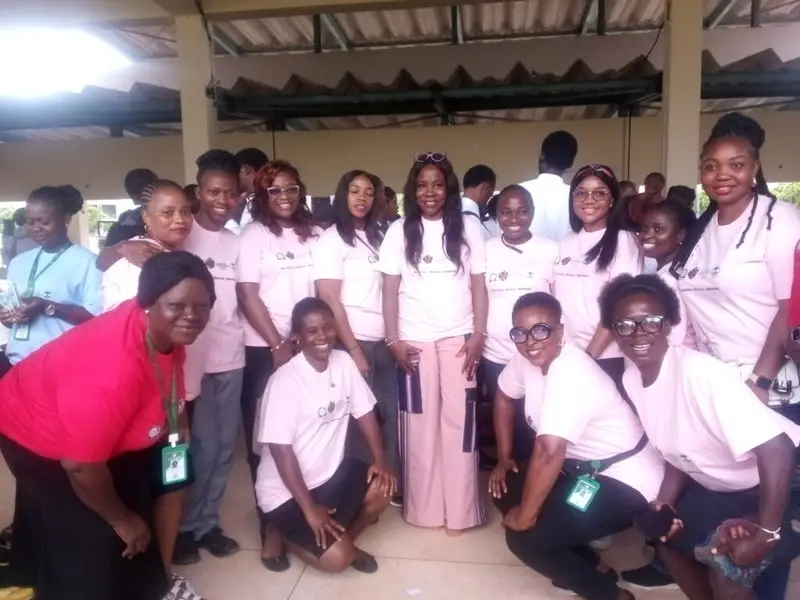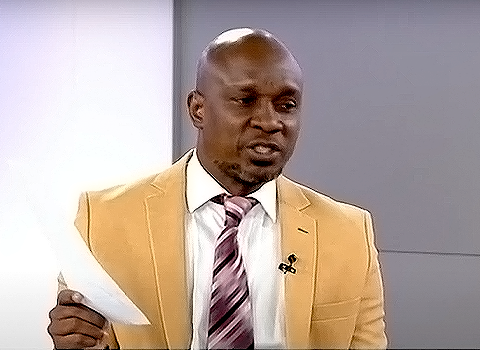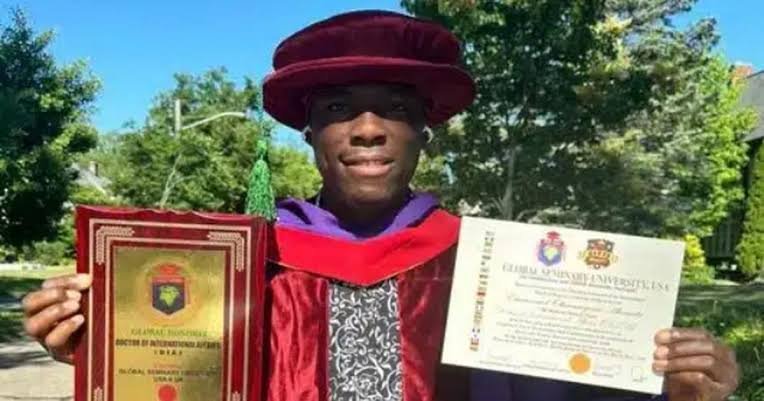By Alex Enebeli
Enugu, Oct. 17, 2025 (NAN) The Department of Anaesthesia, University of Nigeria Teaching Hospital (UNTH), Ituku Ozalla, Enugu, has trained medical students as well as clinical and non-clinical personnel on cardiac arrest management through the application of Cardiopulmonary Resuscitation (CPR).
The training was part of activities marking the 2025 World Anaesthesia Day, celebrated on Thursday in Enugu with the theme “Anaesthesiology in Health Emergency”.
The CPR is an emergency procedure carried out when a person’s breathing or heartbeat stops, with the aim of resuscitating the individual.
Speaking at the event, Prof. Tonia Onyeka, Head of the Department of Anaesthesia, said the training was designed to create awareness and equip participants with practical knowledge on how to respond when someone suddenly collapses.
She said that through such training, participants could save lives and reduce cases of sudden death.
Onyeka, who is also a Consultant Anaesthetist, expressed concern that in many cases in Nigeria, bystanders often take pictures of unconscious persons instead of offering help.
“We decided that this year, we will focus on cardiac arrest as a health emergency by teaching people in our communities how to respond when somebody collapses.
“Many Nigerians don’t know what to do in such situations; rather, they take pictures of the person. We want to change that narrative,” she said.
She explained that part of the training involved demonstrating chest compression or hands-only CPR, which is used to help restart the heart of an unconscious person.
According to her, the department chose the theme in view of the rising incidence of cardiac arrests and sudden collapses, which have become major health emergencies globally.
She urged participants to share the knowledge gained from the exercise with others in their communities to help save more lives.
Also speaking, Dr Friday Okonna, a Consultant Cardiac Anaesthesiologist and Intensivist, stressed the need for every Nigerian to learn CPR techniques for emergency situations.
“Even in schools, markets, supermarkets and stadiums, people should know how to perform CPR because someone can collapse at any time,” he said.
He explained that CPR could be performed by placing one’s hands on the lower half of the victim’s chest, locking the elbows, and compressing firmly and rhythmically.
A participant, Mrs Chidinma Rebecca, thanked the department for organising the training, noting that it had boosted her confidence to respond to emergencies.
“I feel glad because I had only read about CPR before now, but I didn’t know how to practise it,” she said.


























